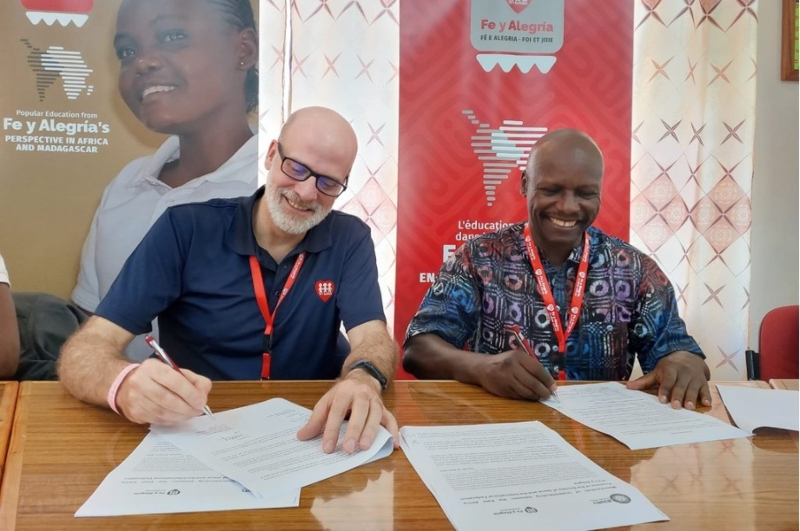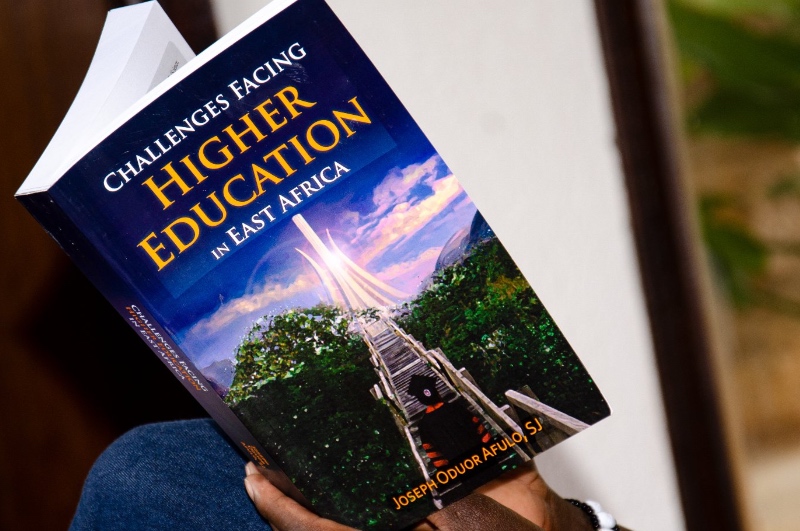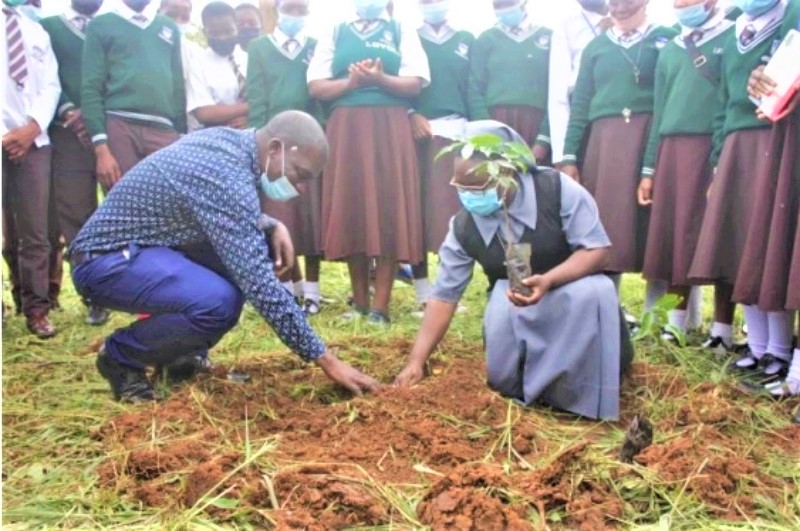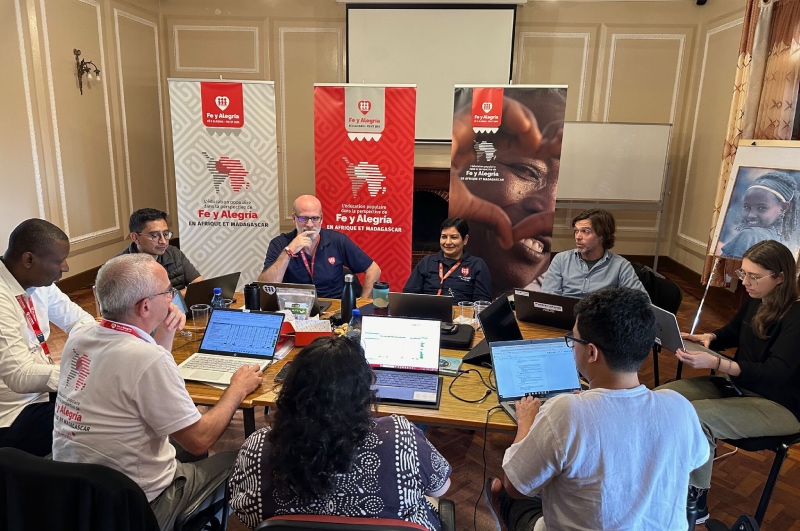



The first meeting of the Board of Directors of the International Federation of Fe y Alegría in Africa was held from 22-26 April 2024.
The meeting took place at the Mwangaza Jesuit Retreat Centre, in Nairobi, Kenya, and was attended by Nancy Fretes, odn (Fe y Alegría Paraguay), Ramón Almansa (Fe y Alegría Spain), Alfred Kiteso, SJ (Fe y Alegría Democratic Republic of Congo), Gehiomara Cedeño (Fe y Alegría Ecuador), Marco Tulio Gómez, SJ (Fe y Alegría Panama) and Daniel Villanueva, SJ, (General Coordinator Fe y Alegría).
The presence of the Board of Directors on the African continent marks a turning point in the history of Fe y Alegría in Africa because it reaffirms and expands the institutional support that the Movement has had so far with Fe y Alegría in: Chad, the Democratic Republic of the Congo, and Madagascar. It also established direct contact and an exchange of experiences with the people who are leading and "taking care" of the seeds of Fe y Alegría in Africa, among them Fr. José Minaku, SJ (the President of the Jesuit Conference of Africa and Madagascar (JCAM), Fr. Kizito Kiyimba, SJ (the Provincial of the Jesuit Eastern Africa province), Fr. Etienne Mborong, SJ (responsible for Fe y Alegría in Guinea Conakry), Fr. James Mugwe, SJ (responsible for Fe y Alegría in Kenya) and Fr. Andrés Herculano, SJ (responsible for Fe y Alegría in Angola), among others.
This exchange held in Nairobi, Kenya, allowed the Fe y Alegría Board of Directors to deepen their knowledge of Africa's education reality and from this knowledge to reaffirm their vision of the relevance and missionary harmony of Fe y Alegría in a context marked by poverty, lack of opportunities, low rates of access to quality education and the widespread existence of a "banking education", in which, as Paulo Freire who in (1968) introduced the 'banking' concept of education whereby he equated teachers with bank clerks and saw them as 'depositing' information into students rather than drawing out knowledge from individual students or creating inquisitive beings with a thirst for knowledge:
"Education… becomes an act of depositing, in which the students are depositories and the teacher is the depositor. Instead of communicating, the teacher issues communiqués and makes deposits which the students patiently receive, memorize and repeat. This is the 'banking' concept of education, in which the scope of action allowed to the students extends only as far as receiving, filing and storing the deposits… in the last analysis, it is the people themselves who are filed away through the lack of creativity, transformation, and knowledge in this (at best) misguided system. For apart from inquiry, apart from the praxis, individuals cannot be truly human. Knowledge emerges only through invention and re-invention, through the restless, impatient continuing, hopeful inquiry human beings pursue in the world, with the world and each other" - Pedagogy of the Oppressed (Portuguese: Pedagogia do Oprimido), Brazilian educator and philosopher Paulo Freire (1921-1997)
In the same way, progress was made with an authentic understanding (on the part of the African representatives) that Fe y Alegría is a solid and robust Popular Education Movement, which has the backing of community processes that support and take ownership of the educational process and are sustained by clear educational and social promotion proposals with a projection of institutional sustainability.
In conclusion the meeting was representative of the encounter between the international leadership and governance of the Movement and the leadership and governance of the people who are making the Fe y Alegría dream possible in the African continent - a cultural exchange of experiences and inter-generational exchanges of some of the people who are making the dream of Fe y Alegría possible in the world.
What exactly is Popular Education, anyway?
The idea of popular education (often described as "education for critical consciousness") as a teaching methodology came from a Brazilian educator and writer named Paulo Freire, who was writing in the context of literacy education for poor and politically disempowered people in his country. It's different from formal education (in schools, for example) and informal education (learning by living) in that it is a process which aims to empower people who feel marginalized socially and politically to take control of their own learning and to effect social change. Popular education is a collective effort in which a high degree of participation is expected from everybody. Teachers and learners aren't two distinct groups; rather, everyone teaches and everyone learns! Learners should be able to make decisions about what they are learning, and how the learning process takes place. A facilitator is needed to make sure that new ideas arise, progress, and don't get repetitive, but this isn't at all the same thing as a teacher. In popular education, then, we can't teach another person, but we can facilitate another's learning and help each other as we learn.
Related Articles
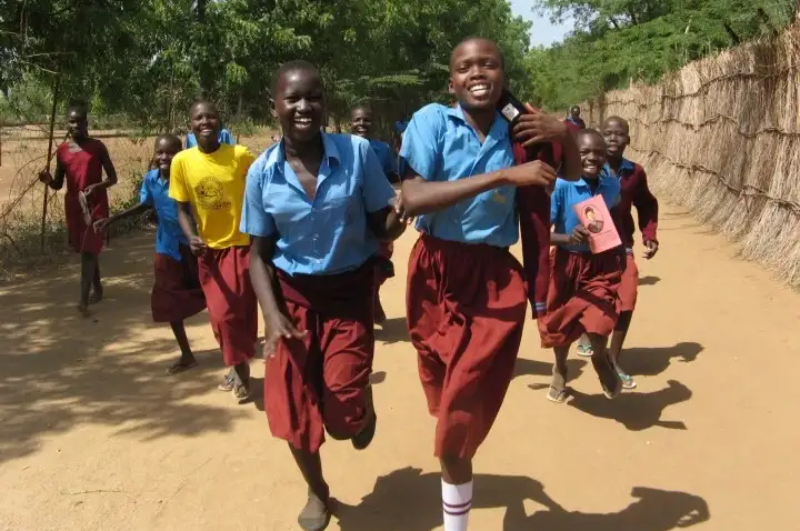
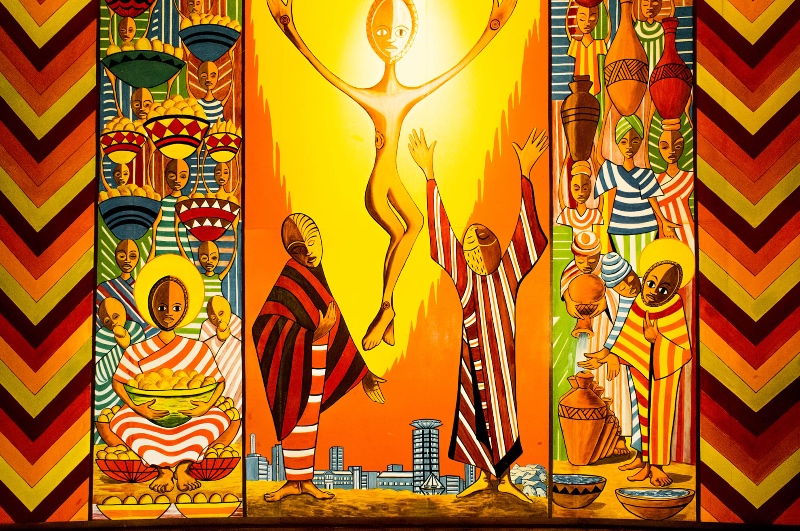
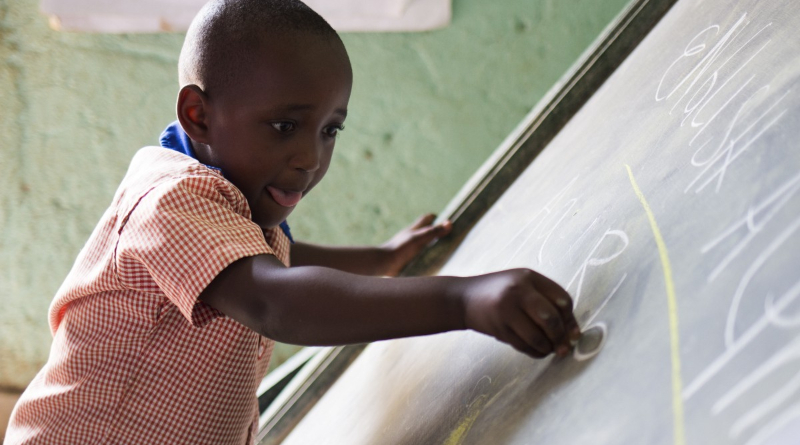
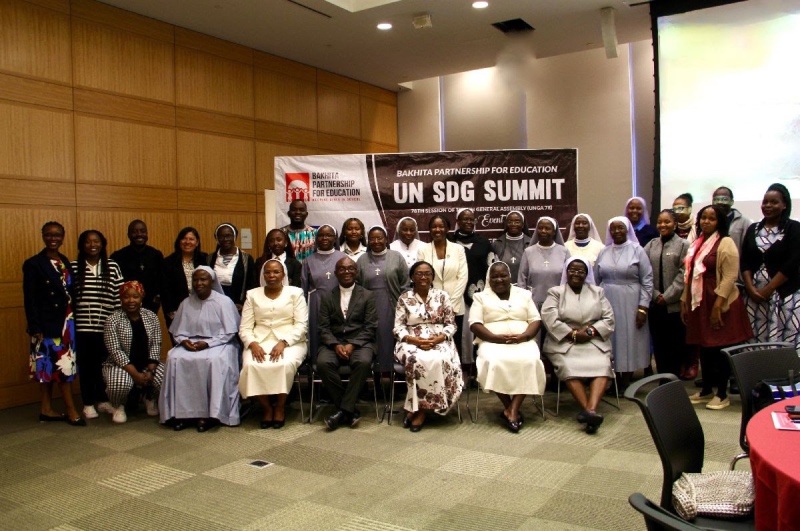
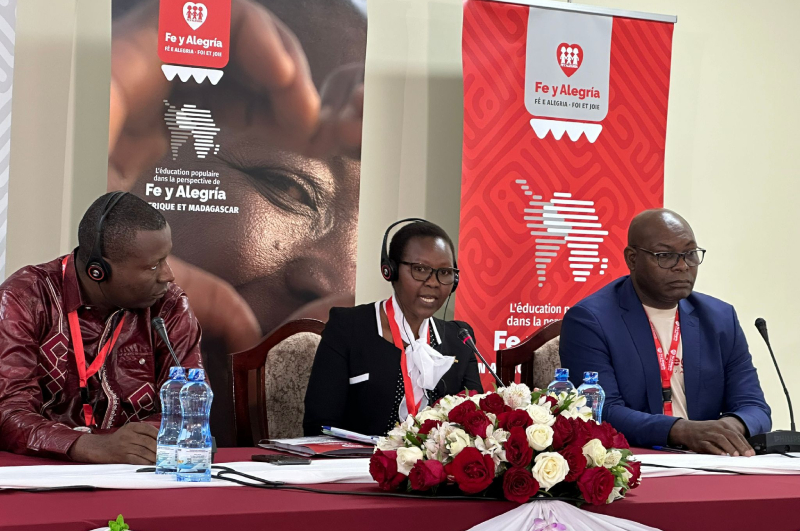
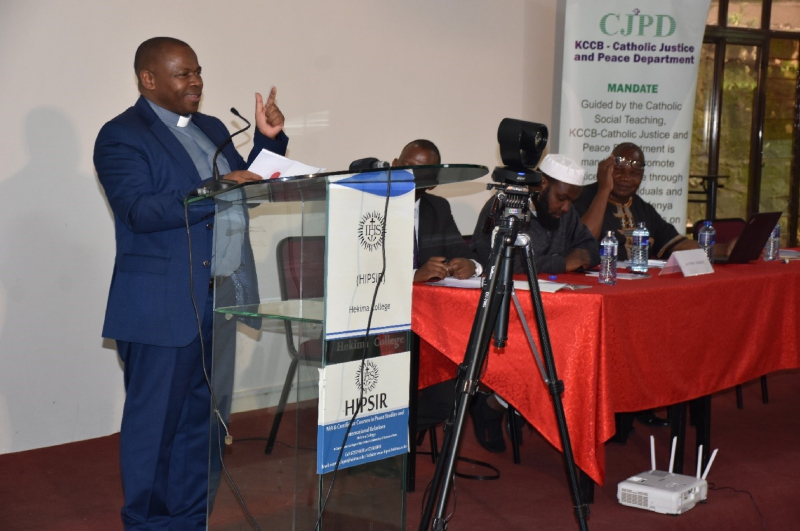
Select Payment Method
Pay by bank transfer
If you wish to make a donation by direct bank transfer please contact Fr Paul Hamill SJ treasurer@jesuits.africa. Fr Paul will get in touch with you about the best method of transfer for you and share account details with you. Donations can be one-off gifts or of any frequency; for example, you might wish to become a regular monthly donor of small amounts; that sort of reliable income can allow for very welcome forward planning in the development of the Society’s works in Africa and Madagascar.
Often it is easier to send a donation to an office within your own country and Fr Paul can advise on how that might be done. In some countries this kind of giving can also be recognised for tax relief and the necessary receipts will be issued.



